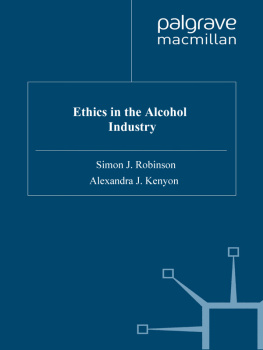Alcohol

2014 ROD PHILLIPS
All rights reserved. Manufactured in the United States of America.
Designed by Sally Scruggs and set in Calluna by codeMantra.
The paper in this book meets the guidelines for permanence and durability of the Committee on Production Guidelines for Book Longevity of the Council on Library Resources. The University of North Carolina Press has been a member of the Green Press Initiative since 2003.
Jacket illustration benidio/Stockphoto.com
Library of Congress Cataloging-in-Publication Data
Phillips, Roderick.
Alcohol : a history / Rod Phillips.
pages cm
Includes bibliographical references and index.
ISBN 978-1-4696-1760-2 (cloth : alk. paper) ISBN 978-1-4696-1761-9 (ebook)
1. AlcoholSocial aspectsHistory. 2. Drinking of alcoholic beverages
Social aspectsHistory. 3. Alcoholic beverage industryHistory. I. Title.
GT2884.P45 2014
394.13dc23
2014013124
18 17 16 15 14 5 4 3 2 1
TO RUTH
Companion to many archives, companion in many glasses
Contents
Alcohol
Introduction
Ever since humans began to consume alcohol, they have had a difficult relationship with it. Alcohol is a colorless liquid that has, in itself, no material, cultural, or moral value. But like many other commodities, it has been ascribed complicated and often contradictory sets of values that have varied over time and place, and that are interwoven with the complexities of power, gender, class, ethnicity, and age in the societies in which it is consumed.
All these values derive fundamentally from the action of alcohol on the human nervous system. Readers who have consumed alcohol will recognize one or more of the stages of intoxication that begin with the first sip of alcohol, whether it is beer, whiskey, wine, a cocktail, or a beverage made from the myriad commodities used to produce alcohol. A small volume of alcohol generally gives the drinker a sense of well-being, and further drinking can lead, in turn, to feelings of euphoria, relaxation of social inhibitions, loss of balance and coordination, slurred speech, vomiting, and loss of consciousness. Severe cases of alcoholic poisoning can be fatal.
Needless to say, not all consumers of alcohol drink so much that that they experience anything more than a pleasant and uplifting sense of well-being. Not only did that sense became highly valued and much sought-after, but the state of euphoric otherworldliness that came with further drinking has been, in some cultures, thought of as spiritual and as bringing the consumer closer to the gods. In other cultures, the potential of alcohol to harm its consumer produced dire warnings about excessive consumption and various punishments for becoming perceptibly intoxicated.
The result was a polarity of views toward alcohol. On one hand, alcoholic beverages have been widely employed as a social lubricant and adhesive in daily interactions, as varied as Russian workers drinking in their factories in the nineteenth century to women gathering at an all-female dramshop in London to drink gin in the early 1700s. Alcohol has historically played a role at marriages and funerals, and it has commonly marked commercial, political, and other events. Madeira was used to launch one of the U.S. Navys first frigates in 1797, while some East African peoples celebrated marriages with banana beer. Alcohol has often been provided to pay for work, and it was widely used as currency when Europeans extended their economic activities to the wider world; whiskey, gin, and rum bought slaves and commodities as varied as beaver pelts and copra, influence, and land.
Alcohol helps people relax and sometimes to forget their cares. Alcoholic beverages, especially beer and wine, have often been associated with divinity, and they have historically been credited with having medicinal or therapeutic properties; it is hard to think of an illness, disease, or physical pathology that has not, at some time, been treated by some form of alcohol. It has been credited with ridding the body of worms and cancer, aiding digestion, fighting heart disease, and turning back old age and extending life itself.
On the other hand, alcohol has been described as a menace, not only to the individual consumer but to the society in which it is consumed. It has been described as evil, as the gift of a devil rather than of any god. Some nineteenth-century Christian theologians were so horrified at the thought that their god might have approved of alcohol that they reinterpreted the Bible to show that Jesuss first miracle was to turn water into grape juice, not wine. Islam and some other religions banned the consumption of alcohol and other intoxicants. Alcohol has been blamed for illnesses, insanity, accidents, immorality, impiety, social disorder, catastrophes, crime, and death. From the Middle Ages to the present, it has been a convention for some commentators to see alcohol as the core problem from which all other problems flow.
Many critics of alcohol have acknowledged that, consumed in moderation, alcohol need not have dire consequences. Reflecting this position, most authorities have historically tried to mitigate the worst effects of alcohol by surrounding its production, distribution, and consumption by regulations. They have included controlling the alcohol content of beverages, forbidding drinking by children, and limiting the hours of taverns and bars. Other authorities have shown little confidence that men and women can voluntarily limit their intake of alcohol and have deemed it better for everyone to abstain from alcohol completely. Such prohibition rules have been implemented at various times among small Jewish and Christian sects, over vast stretches of the Muslim world, in countries as varied as the United States, Belgium, India, and Russia, and among numerically significant denominations such as the Church of Jesus Christ of Latter-day Saints (Mormons).
A key theme in the history of alcohol, then, is its regulation, for there are few societies where alcohol has not been restricted in some way. These regulations have taken many forms, such as banning the consumption of alcohol for sections of populations defined by age (children), gender (women), or ethnicity/race (such as Native Americans). In some cases, patterns of alcohol consumption have been regulated informally by social pressure that might be reinforced by social ostracism. In other cases, regulation has taken the form of legislation backed by punishments for disobedience. Drinking by children was for thousands of years discouraged by physicians who warned of the dangers of alcohol on childrens bodies. Only in the nineteenth and twentieth centuries were minimum legal drinking ages defined by law and enforced by the courts.
The other attributes ascribed to alcohol form other themes in its history. Alcohol was positively associated with gods in ancient cultures, and wine was embraced by mainstream Christianity, which incorporated wine into its most important rituals. But religious organizations have also been prominent critics of the personal and social effects of immoderate alcohol consumption. Similarly, while physicians have for thousands of years considered some alcoholic beverages as having medicinal value (during prohibition in the 1920s, half of American doctors thought whiskey was therapeutic, and a quarter thought the same of beer), they have also warned of the dangers to health of excessive consumption.
An important dimension of the history of alcohol, then, is its contested status and the struggle to find a way to realize its benefits while minimizing its dangers. It might be argued that prohibitionists simply gave up and advocated the position that it was better to deprive moderate drinkers of their alcohol than to allow irresponsible drinkers to misuse it and to place themselves and social order at risk. On the other hand, few people, even the most ardent opponents of prohibition, have ever adopted the opposite position, that all restrictions ought to be removed from alcohol.
Next page


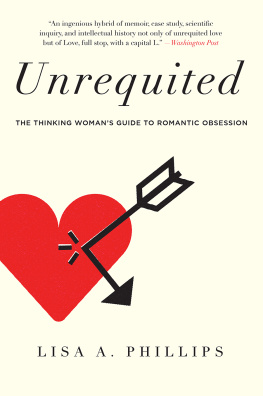
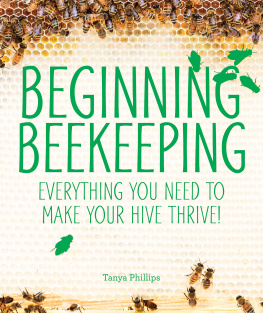



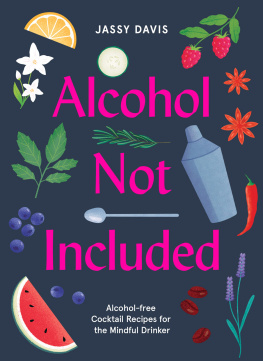
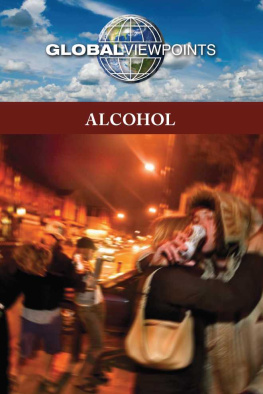
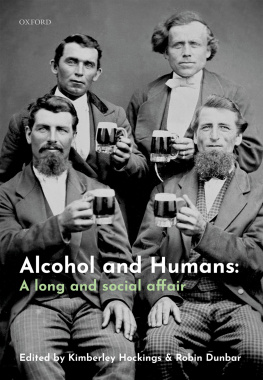
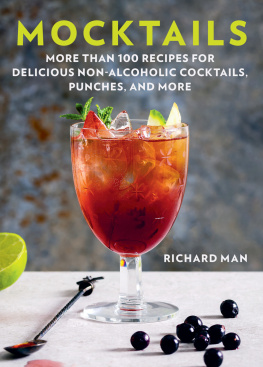
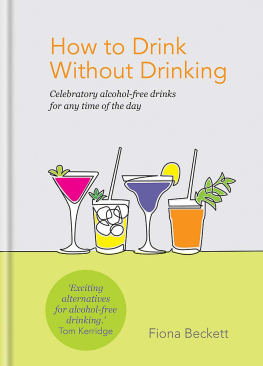
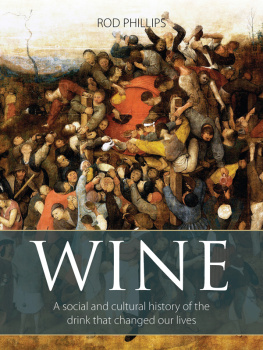
![Scott C (Christopher) Martin - The Sage Encyclopedia of Alcohol Social, Cultural, and Historical Perspectives. 1 [A - D]](/uploads/posts/book/102244/thumbs/scott-c-christopher-martin-the-sage.jpg)

